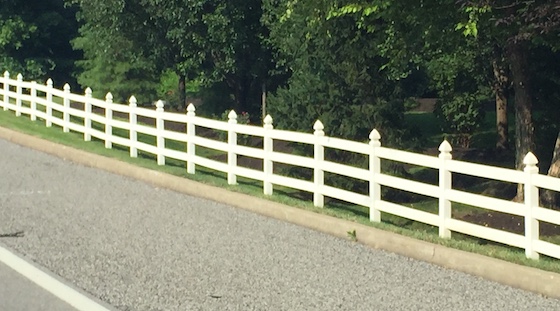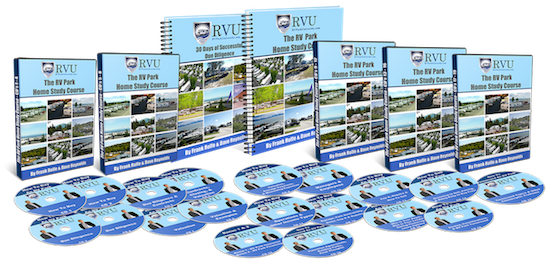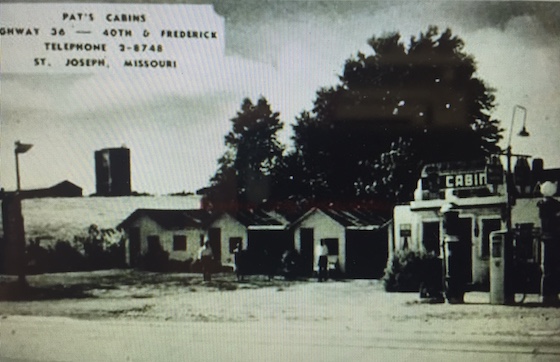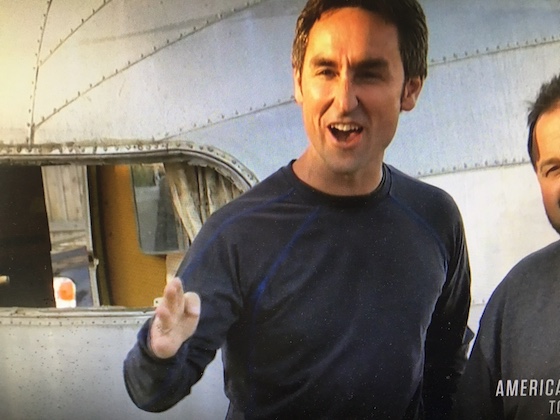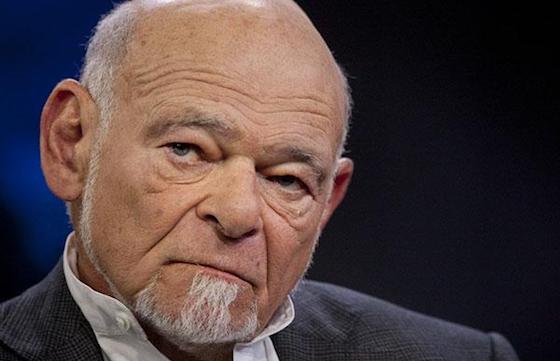Sam Zell is the top investor in the history of real estate, as well as the largest owner of RV and mobile home parks in the U.S., with over 160,000 lots. While he rarely gives interviews or speeches, he does occasionally write his theories on investing and put them on items for his employees. One of his best is the thought that “if a deal has low risk and high reward, then you should always do it, and if it has high risk and low reward, you should never do it”. How does that relate to RV park investing.
Risk vs. reward is a very powerful force in RV park investing
Zell’s theory is that risk must be accompanied with reward, and when that relationship is not proportional, then your interest in the deal should be ended. For example, let’s assume that an RV park does not have accurate financial records – or any records. That presents a huge amount of risk. So to make you want to take that risk, you have to get that RV park at an incredibly low price in order to justify taking that risk. It would be insane to pay a high price for a property that might have a financial performance that is a fraction of your expectations, right?
How can you increase the reward?
WThe “reward” in real estate is strictly financial, so basically the only way to make a property more compelling is the price. However, the price itself can be adjusted using the loan interest rate, which means that seller financing can often be a trigger to making a deal more attractive as a lower interest rate equals effectively a lower price. When we say that a RV park does not have enough “reward” we are saying that it does not make enough money – both near term and long term.
How can you reduce the risk?
If the seller is firm on the price, then the only other way to move the needle on making a property compelling is by reducing the risk – which could then bring the risk/reward ratio back into a healthy balance. So how can you reduce risk when buying an RV park. The first step is to identify what the risks are, and then how to mitigate it. For example, maybe you are concerned about the location being too far off the highway. Maybe the solution is additional signage to direct customers there. Or maybe you are concerned about some lots being in the floodplain, so your plan is to exclude those lots from the inventory and instead place more amenities there and reduce the potential revenue slightly. Having a worry is not an effective tool: you have to quantify those concerns and think through methods to mitigate them. Of course, once again the best way to reduce risk is to reduce the price of the deal.
Other thoughts
Another way to reduce risk is to employ the tool known as “non-recourse” debt. “Non-recourse” debt means that, in the event that you cannot make your note payments, the lender is only able to take the property back and cannot come after you for any deficiency if the note is sold at a loss by the bank. The converse is “recourse” debt, which is pretty standard on bank debt. To obtain “non-recourse” debt, you have to get seller financing or CMBS “conduit” debt. However, its presence in a deal greatly reduces the risk.
In this same vein, a low down-payment – including zero down deals – coupled with non-recourse debt can overcome virtually any risk. It does this by eliminating the buyer’s risk – if the deal fails, the buyer simply walks away without the loss of anything except for their time.
Conclusion
Every RV park deal that you evaluate should always have, as part of your consideration, the ratio of risk and reward. And further thought should be given to increasing the reward and reducing the debt. This is the foundation of good deal making.

